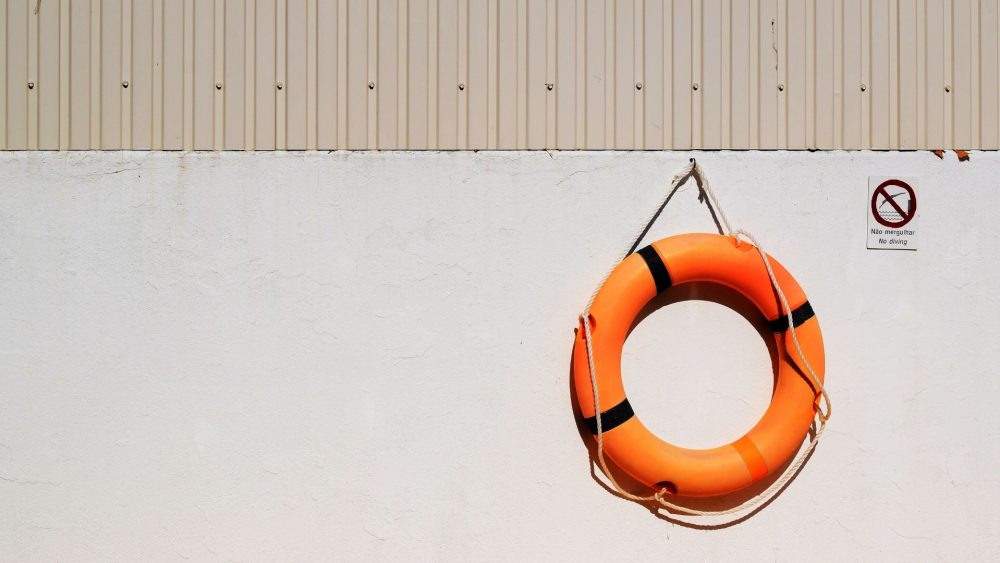
On Sunday night Demi Lovato sang at the 62nd Grammy Awards to make her musical comeback following her overdose last year. It was a beautiful and emotional performance, and she chose a song that she had written just before the overdose, called Anyone.
Lovato has admitted to struggling with addictions, eating disorders and also with self-harm, saying how she has used all those things "to numb the pain". And the song itself is a cry for help and for relief, an expression of the pain that she has carried with her for many years:
Anyone, please send me anyone
Lord, is there anyone?
I need someone, oh
Anyone, please send me anyone
Oh, Lord, is there anyone?
I need someone
Oh, anyone, I need anyone
She was singing it to a room packed with thousands of people, and to millions of fans across the world, and yet the song is about feeling desperately alone.
And that, I think, is one of the things that makes life hardest. Whatever we have experienced and struggle with, however we feel and whatever is on our plate, it is harder when we have to do it alone. Having someone to trust, to share things with, someone who listens and is on our side, can make all the difference in the world.
A lot of the people who do Alumina say that one of the most helpful things about it is just feeling less alone. Even though they can't physically see each other, and they're only together in a virtual space, it still makes them feel like they're not the only ones feeling so bad, and needing some support.
Harming ourselves is often a very private thing we do, on our own, and something that we don't want others to know about. But it is also an attempt to cope with things that are really painful - an attempt to cope on our own. And that is so much harder than finding a way to ask for help.
It's hard, we get it. And you have your reasons. But we'd like to challenge some of them. These are the top 3 reasons people tell us don't ask for help.
1. Thinking "I should be able to cope"
For whatever reason a lot of us feel like we're supposed to manage everything on our own. We're supposed to be able to cope. It might be what our parents have made us feel, or our school. I was definitely brought up to think I shouldn't need anyone else, or ask for their help. I feel like there's something wrong with me if I can't just survive and cope.
IT'S A LIE.
We're supposed to need each other. It's human, it's normal. If we think we don't need help from anyone else we are just wrong, because everyone does.
2. You don't want to be a burden
It's easy to think we're doing everyone a favour by keeping our problems to ourselves. But we're actually wired to want to help each other. And it's really painful to see someone struggling, but not be able to help.
If your friends were struggling you would want to support them. In fact, if they didn't tell you what was going on you'd probably feel sad that they didn't trust you, or maybe you'd wonder if they even wanted to be friends with you. You wouldn't be thinking "I'm SO glad they're not burdening me with their problems."
Real friendship (or great family relationships) grows when we are able to support each other, and ask for the support we need.
3. Believing that no-one can help you
Sure, your friend or your mum might not know how to help you at first. They might feel a bit scared, or overwhelmed. But that's no reason not to give them a chance. You can tell them what you need, or what would help.
No-one is beyond help or hope. Asking for help might be a bumpy road, but it's definitely one worth travelling.
Remember, asking for help is a sign of strength, not weakness.